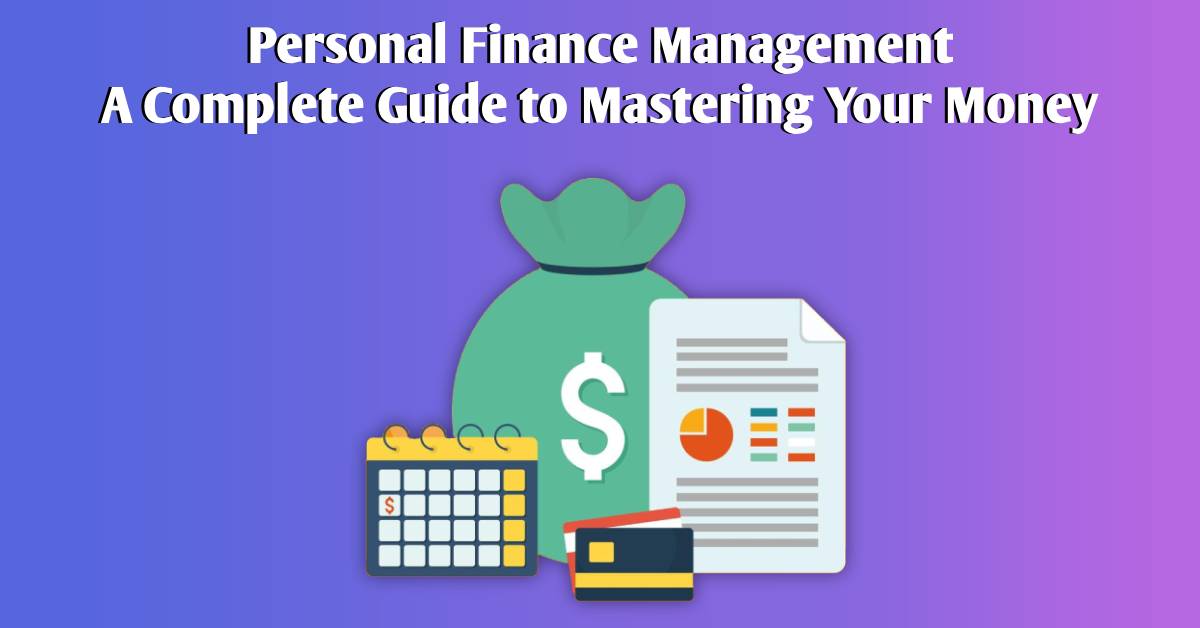Managing your money wisely doesn't have to be complicated. Small, consistent habits can help you build wealth, reduce stress, and reach your financial goals faster. Here are 7 powerful money habits you can start implementing today.
When it comes to money, small daily choices can make a big difference over time. The habits you build today will shape your financial security, confidence, and peace of mind tomorrow. Whether you're trying to pay off debt, save for a big goal, or build long-term wealth, adopting smart money habits is the key.
In this article, we'll explore seven powerful money habits that can truly transform your financial life - and help you take control of your future.
1️⃣ Track Every Expense
The first step toward financial control is awareness. You need to know exactly where your money goes each month. Many people are shocked when they see how much they spend on things like coffee, fast food, streaming subscriptions, or impulse buys.
By tracking every expense - even the small ones - you can identify wasteful spending and make informed decisions.
How to get started:
- Use a simple spreadsheet, or
- Download a budgeting app like YNAB, Mint, or Goodbudget
- Categorize expenses: groceries, transportation, utilities, entertainment, etc.
Once you have the data, you'll see patterns and know where to cut back without sacrificing what you love.
2️⃣ Automate Your Savings
It's easy to promise yourself you'll save "whatever is left ove" at the end of the month. Unfortunately, most people spend first - and save nothing.
A smarter approach is to pay yourself first by automating your savings. Set up a recurring transfer from your checking account to a savings or emergency fund as soon as you get paid. That way, you don't have to rely on willpower.
Example:
- Set an automatic transfer for 10% of your paycheck on payday
- Create separate sub-savings accounts for specific goals (vacation, emergency, new car)
- Automate investments (like a mutual fund or retirement account)
Automation makes saving effortless and consistent - which is the foundation of wealth.
3️⃣ Avoid High-Interest Debt
High-interest debts, such as credit cards or payday loans, can be devastating to your finances. They drain your money faster than you can build it, creating a cycle of financial stress.
If you already have debt, prioritize paying it down. The debt snowball or debt avalanche methods work well:
- Debt snowball: pay off the smallest balances first to build momentum
- Debt avalanche: pay off the highest-interest debts first to save more on interest
Once you clear those debts, commit to avoiding them in the future. Try to use credit cards only if you can pay the balance in full each month.
4️⃣ Live Below Your Means
This is one of the golden rules of personal finance: spend less than you earn.
Living below your means is not about depriving yourself - it's about prioritizing what really matters. Fancy clothes, new cars, or trendy gadgets might seem tempting, but they often don't deliver lasting happiness.
Instead, focus on:
- Affordable housing
- Reasonable transportation
- Simple pleasures like hobbies, travel, or time with friends
- Experiences that bring you joy
Resisting lifestyle inflation - where your spending grows every time your income grows - is a powerful way to build financial security.
5️⃣ Set Clear Financial Goals
Having a clear vision of what you want makes it easier to stick to good money habits. Set both short-term and long-term financial goals.
Short-term goals might include:
- Building a $1000 emergency fund
- Paying off a credit card
- Saving for a vacation
Long-term goals could include:
- Buying a home
- Starting your own business
- Retiring early
Write these goals down, assign target dates, and track your progress. Checking off milestones keeps you motivated and focused.
6️⃣ Invest Consistently
Too many people let their money sit idle in a low-interest bank account. Over the long term, inflation eats away at its value.
Investing helps you grow wealth and keep pace with inflation. Even small, regular contributions can snowball into a substantial portfolio thanks to the power of compound growth.
Tips to get started:
- Look into index funds or ETFs with low fees
- Use tax-advantaged retirement accounts (like IRAs or 401(k)s)
- Automate your investments monthly
- Diversify to reduce risk
Remember, you don't have to be a stock market expert to start investing - consistency is more important than timing.
7️⃣ Keep Learning About Money
Financial education doesn't stop once you leave school. In fact, most schools don'’t teach practical money skills at all!
Continue expanding your knowledge by:
- Reading personal finance books
- Listening to financial podcasts
- Following blogs (like The Money Track!)
- Attending webinars or workshops
The more you learn, the more confident you'll feel about making smart money choices. Financial literacy is a lifelong journey.
Why These Habits Matter
These 7 habits are simple - but extremely powerful. When you practice them regularly, you build a solid financial foundation. That means:
✅ Less stress
✅ More security
✅ Greater freedom
✅ The ability to achieve your dreams
You don't have to change everything overnight. Start with one or two habits, get comfortable with them, and then layer on more. Progress is progress, no matter how small.
Putting It All Together
If you've ever felt overwhelmed by money, remember: it's just a tool. You are in charge of how you use it. With smart habits, you can stop letting money control you and instead make it work for your goals.
Let's recap the 7 habits:
✅ Track every expense to stay aware
✅ Automate savings to build your safety net
✅ Avoid high-interest debt to protect your income
✅ Live below your means to build wealth
✅ Set clear financial goals to stay motivated
✅ Invest consistently to grow your money
✅ Keep learning to make informed decisions
By putting these habits into action, you will transform your finances and, more importantly, transform your life.
Final Thoughts
Building good money habits isn’t about perfection — it’s about progress. Even small, consistent steps can make a massive difference over time. Be patient with yourself, celebrate your wins, and keep going.
If you’d like to explore more ways to manage your money, track your income and expenses, or even set up budgeting categories, check out our other helpful guides here on The Money Track.
👉 Ready to transform your financial life? Start today — your future self will thank you!


